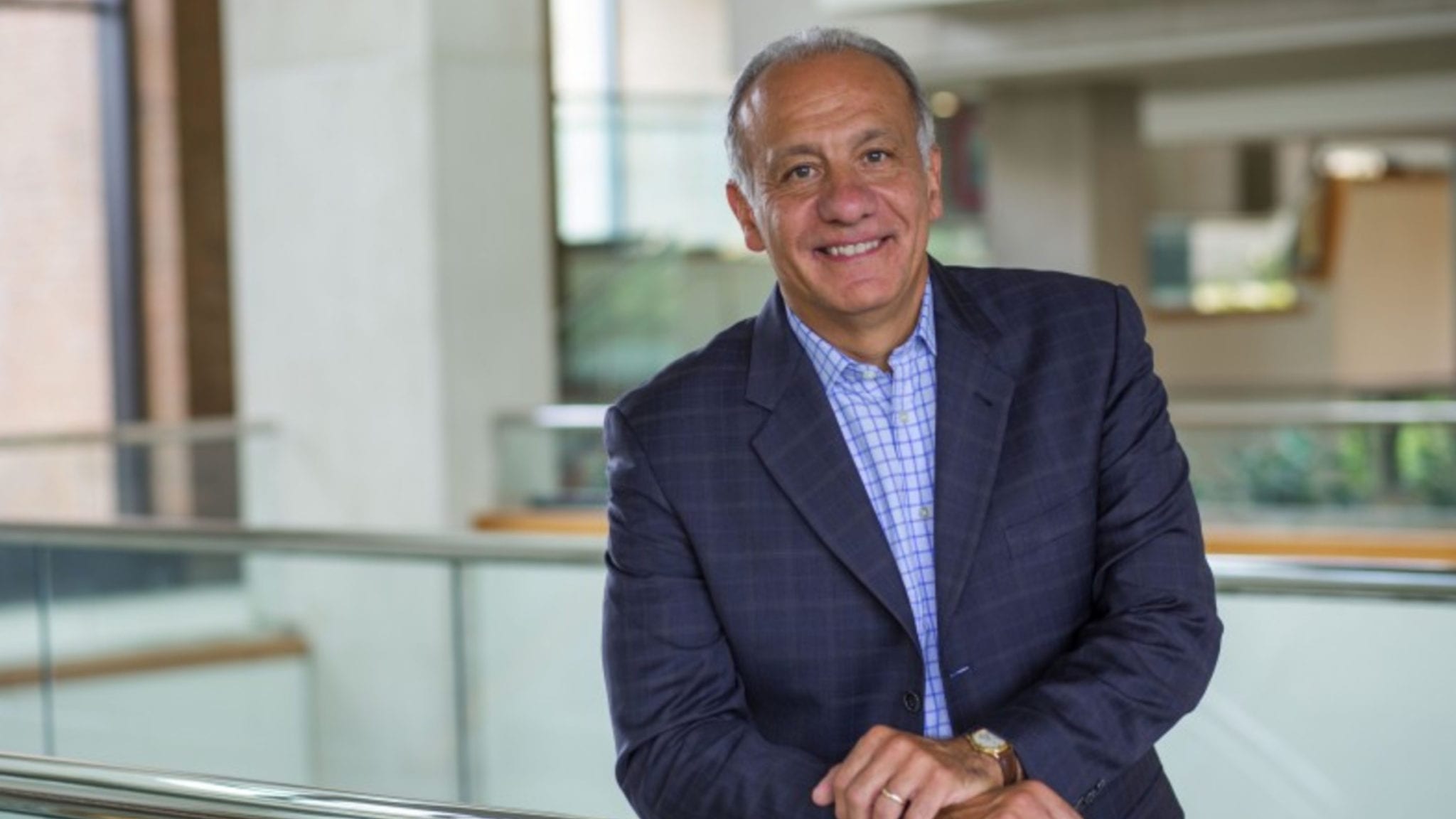
John Damonti, Bristol Myers Squibb Foundation president (BMS)
Bristol Myers Squibb Foundation launches program to tackle diversity problem in clinical trials
Over the last several months, the pandemic has amplified calls for more diverse clinical trials.
While minority populations are contracting Covid-19 at higher rates …
Sign up to read this article for free.
Get free access to a limited number of articles, plus choose newsletters to get straight to your inbox.